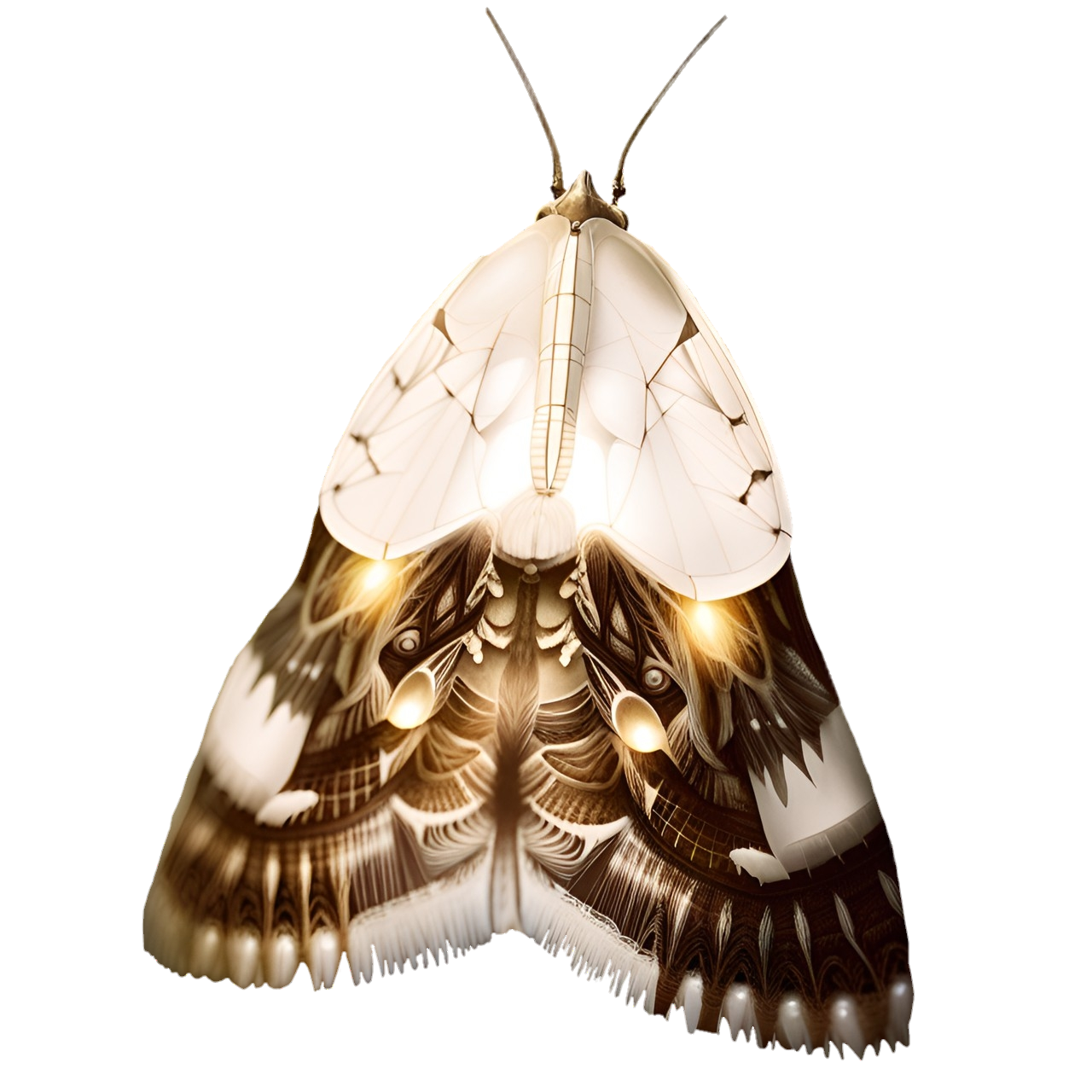Lux Thyme
This is a low growing and wiry herb with a powerful fragrance and flavorful oils. Lux Thyme is a woody, evergreen member of the mint family native to rocky and arid regions of Eluziar and northern Alkelbulan. Thyme is even able to grow in the arid coasts and mountains of the Shamsi Desert! It requires very little water and it's small, waxy leaves reduce water loss. Thyme is shrubby and dense, used extensively in medicine and cooking.
The Kaithur of Lux Thyme makes it ideal for use in True Magic alchemy but its most common use is in cooking and Material Magic. Rylmar's Touch deters grazers, causing increasing drowsiness the longer one touches its leaves directly. This mechanic is further employed in medicine to treat insomnia and chronic nightmares, large doses inducing powerful and lucid dreams. Yet what this herb is most relied on for Rithaldis' Manipulation, naturally repelling and cleansing excess radiant energy whether it takes the form of strong sunlight or radiation. Even in death, Lux Thyme instinctively pushes high concentrations of radiance away from itself. When consumed, the proper concoction cleanses radiation from the body. Locals of Shamsi lather themselves in oils soaked in Lux Thyme to resist sumburn and thyme is traditionally added to many local dishes, especially appreciated after long treks across the radiant dunes.
|
Rithaldis' Manipulation
Thanks to Rithaldis' Manipulation, Lux Thyme are able to manipulate and reshape radiant energy present in their environment. They instinctively use this to repel or divert excess sunlight or even radiation away from itself.
Rylmar's Touch
Rylmar's Touch causes increasing drowsiness in those who touch Lux Thyme directly and can induce vivid, lucid dreams and prevent nightmares.
|
Anatomy |
This is a small, bushy subshrub with a woody base and it forms a small dense, matted mound. Leaves and stems have fine hairs called trichomes which are very fragrant, its oil glands producing a distinctive aroma. Its waxy leaves themselves are tiny, about 1/2 inch long, and are both linear and ovate with pointed tips. Stems are semi-woody and angle outwards.
|
Habitat |
Lux Thyme prefers full sun or partial shade and well draining dry, sandy, or rocky soils. Occupying hot and rocky crevices of dry coastal hills, it is prone to root rot in moister soils. In nutritionally poor soil, oils including thymol, phenol and terpinene concentrate in the leaves. Lux Thyme is both drought and deer resistant and, while successfully cultivated in gardens across Emynea, it grows wild in coasts and mountains of the Shamsi Desert, Sesli Plato, Birit Narim, Flumen Pontem, Eluzian Valley and Hellas. |
Life Cycle |
Thyme can be grown from seeds, cuttings and transplants. Its flowers are spikes of small, whorled mauve and pink petals, blooming in summer, which are very attractive to bees, butterflies, and other pollinating insects. Its schizocarp fruit are small, less than an inch, and are copper in color. As these fruit mature they dry out, eventually breaking apart and scattering to the wind! Even the nectar and honey carry the cleansing properties this herb is so well known for, pollinators of Shamsi relying on this plant for survival. Lux Thyme honey can also be used to counteract nightmares. |
|
Even aside from its magical properties, compounds like thymol, phenol and terpinene in Lux Thyme has antimicrobial, antiseptic and antioxidant properties. The Masriyyin use thyme as one of many ingredients for mummification thanks to its cleansing, antiseptic qualities. It is also used as a spray to repel insects and gargled as a tea for respiratory issues. Thyme also has a calming effect on muscles of the digestive system, relieving gas and indigestion. Otherwise thyme is used as a culinary herb with a citrus-pine flavor, slightly spicier than oregano but sweeter than sage. Lux Thyme is also used as a perfume for its strong scent. |










Comments